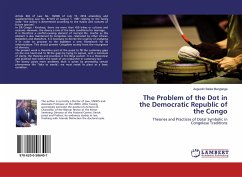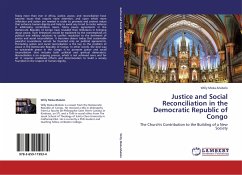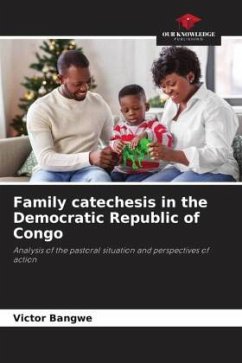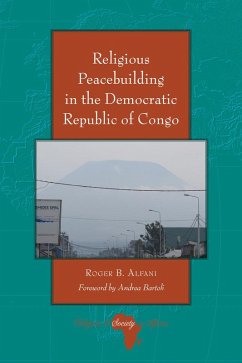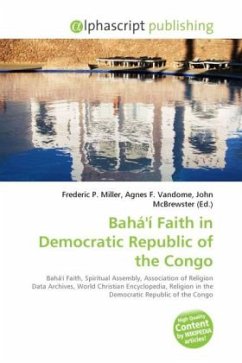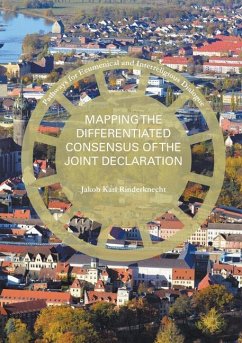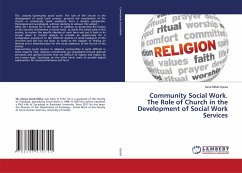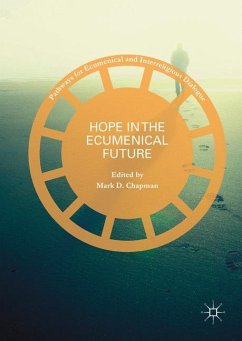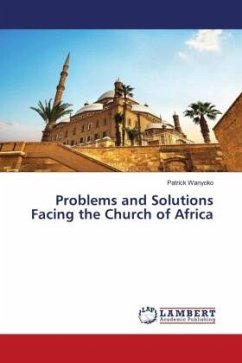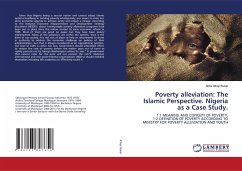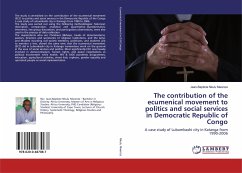
The contribution of the ecumenical movement to politics and social services in Democratic Republic of Congo
A case study of Lubumbashi city in Katanga from 1990-2006
Versandkostenfrei!
Versandfertig in 6-10 Tagen
47,99 €
inkl. MwSt.

PAYBACK Punkte
24 °P sammeln!
The study is centralised on the contribution of the ecumenical movement (ECC) to politics and social services in the Democratic Republic of the Congo a case study of Lubumbashi city in Katanga from 1990 to 2006. The study was carried out using the following methodologies: historical, descriptive, comparative, analytical and quantitative. Questionnaires, interviews, key group discussions, and participatory observations, were also used in the process of data collection. The respondents who are Christians (Bishops, heads of denominations, pastors, directors and secretaries of religious institutio...
The study is centralised on the contribution of the ecumenical movement (ECC) to politics and social services in the Democratic Republic of the Congo a case study of Lubumbashi city in Katanga from 1990 to 2006. The study was carried out using the following methodologies: historical, descriptive, comparative, analytical and quantitative. Questionnaires, interviews, key group discussions, and participatory observations, were also used in the process of data collection. The respondents who are Christians (Bishops, heads of denominations, pastors, directors and secretaries of religious institutions, and the laity), and Muslims including civil society members, politicians, and students just to mention a few, shared the same view that the ecumenical movement (ECC) did in Lubumbashi city in Katanga tremendous work on the ground in the area of social services and politics. Most significantly ECC was heavily involved in democratisation, human rights, and peace negotiations as political involvement while health, HIV & AIDS pandemic programmes, education, agricultural activities, street kids, orphans, gender equality and uprooted people as social implementation.



